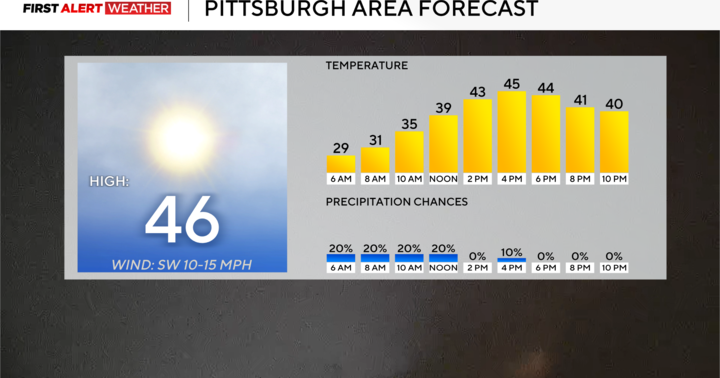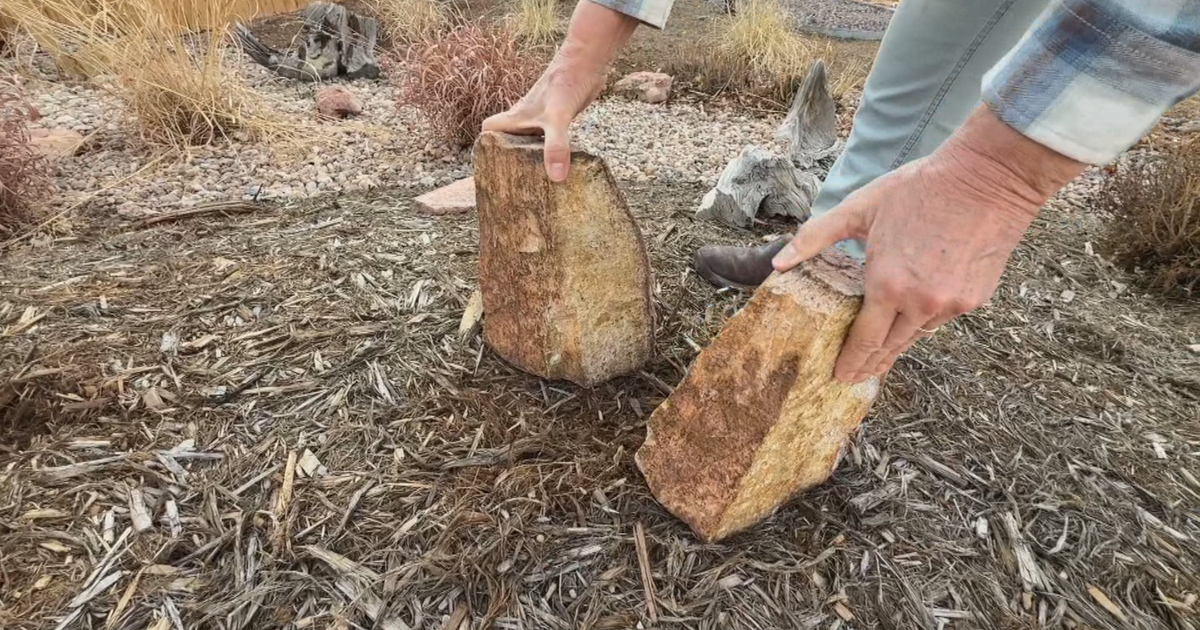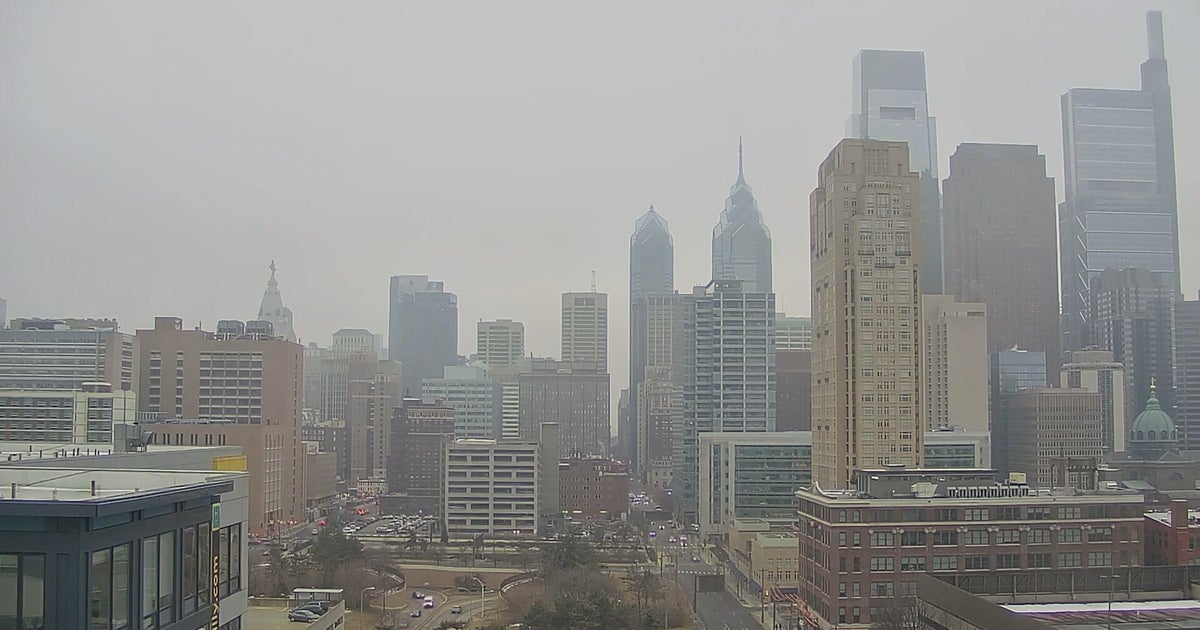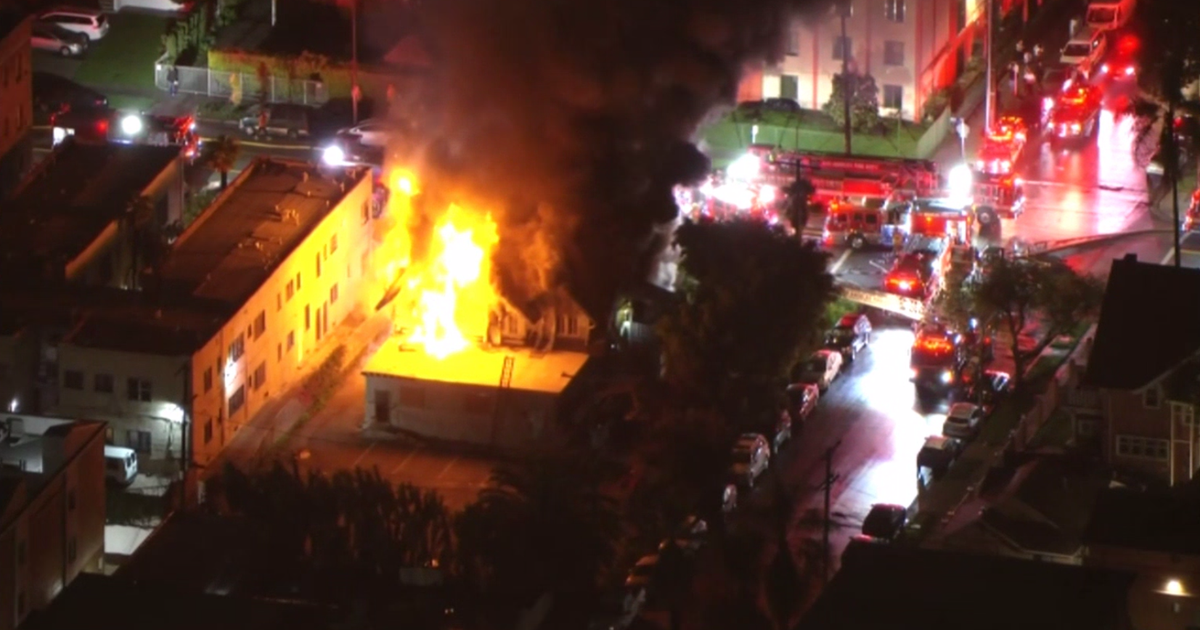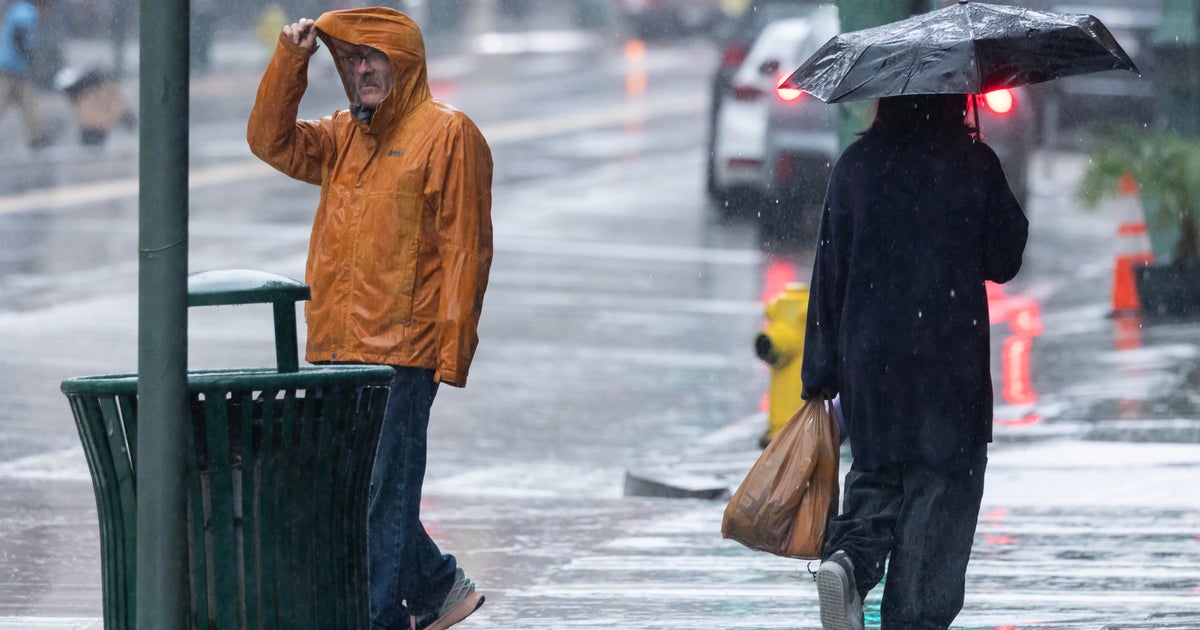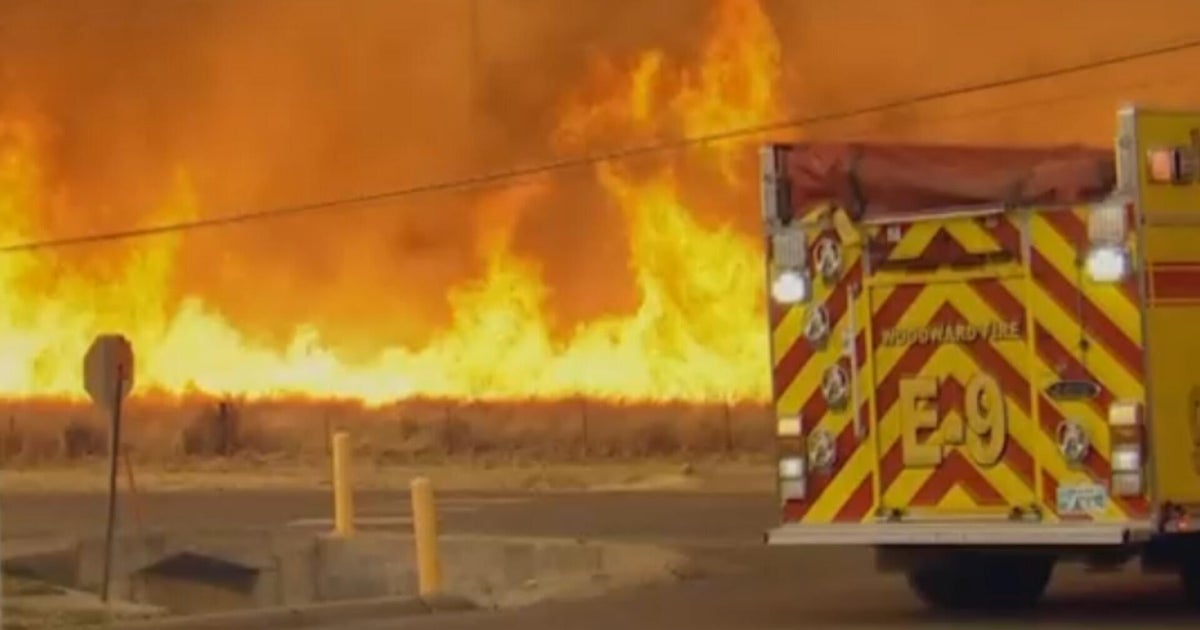Curious About Environmental Effect Of Burning Oil
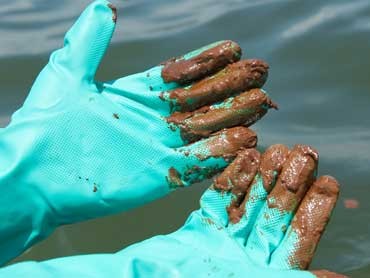 Getty Images
Getty Images
As much as 60,000 barrels of oil are pouring into the Gulf Coast every day. Now, BP is burning some of the oil to keep it from reaching land.
That prompted Joe from Billerica to Declare His Curiosity:
I've seen video of workers burning the oil off the surface of the water in the Gulf. I'm curious about the effect that the thick clouds of black smoke might have on the environment.
WBZ's Joe Joyce went in search of the answer.
35,000 to 60,000 barrels of oil a day are pouring into the Gulf of Mexico, according to news estimates – a total of around 3.5 million barrels so far.
To quickly prevent the oil for reaching land, thousands of barrels of oil are being burned, creating thick black clouds of smoke.
The plumes of smoke are raising new questions about the health, safety and the oil's effect on the environment.
There are some benefits of burning oil: It's quick, it gets the oil out of the way from wildlife and keeps it away from the coast. But getting oil out of the water and putting it in the air is not fixing the problem, it's only changing it.
The incineration of these huge amounts of oil, combined with the black smoke, is creating air pollution hazards in the form of toxic gases, such as sulfur dioxide and carbon monoxide.
Like first responders and volunteers who helped in the cleanup after 9-11, it is the 2,000 workers on site at the disaster who are most vulnerable to the pollution, suffering symptoms of coughing, and irritation of the eyes and lungs.
University of Massachusetts' Paul Kostecki has been working with how to handle petroleum spill contamination for 25 years. His work in the Persian Gulf has showed him the devastating and lasting impacts large oil spills can have, such as after the first Gulf War, where 750 wells were on fire, with a total of 300 to 600 million barrels released into the soil and air.
He says if enough burning is done, on a grand scale, it can even have an effect on local weather.
Other methods are being done to help remove the oil, such as the usage of dispersants and skimming. There is also a process known as bioremediation, which is the natural breakdown of oil which occurs, thanks to bacteria in the water which eats at the petroleum.
Paul Kostecki has seen a recovery in the Persian Gulf and is optimistic the Gulf Coast will recover as well.
It will all depend on the severity of the overall spill, the resources used for cleaning up, and simply time for the ecosystems to recover.
© MMX, CBS Broadcasting Inc. All Rights Reserved.
